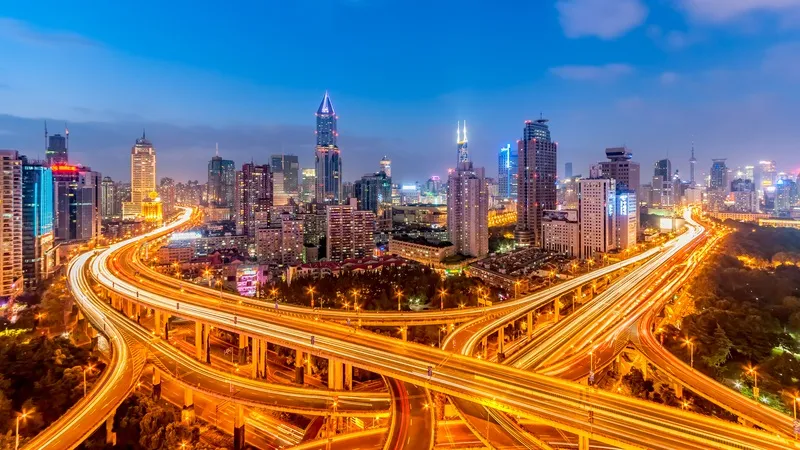The challenging topic of tolling collection will be a priority theme at the 2013 National Electronic Tolling Committee Industry Forum (NeTC) to be held 22 and 23 May at the Brisbane Convention and Exhibition Centre in Queensland, Australia. The forum will also feature a strong focus on government-industry policy development to facilitate systems deployment to maximise safety, economic, environmental and social benefits to transport in Australia and the Asia Pacific region. "The comprehensive forum program w
April 3, 2013
Read time: 2 mins

The challenging topic of tolling collection will be a priority theme at the 2013 National Electronic Tolling Committee Industry Forum (NeTC) to be held 22 and 23 May at the Brisbane Convention and Exhibition Centre in Queensland, Australia.
The forum will also feature a strong focus on government-industry policy development to facilitate systems deployment to maximise safety, economic, environmental and social benefits to transport in Australia and the Asia Pacific region.
"The comprehensive forum program will introduce technology updates and explore major Australian and international systems applications in a series of case studies," said organising committee member Peter Bentley. "While Australia is a leading innovator in the tolling sector of the intelligent transport systems industry, there are also many effective tolling systems deployed in the Asia Pacific region.
"This year's Forum agenda has been deliberately expanded to encompass Asia Pacific nations to capture and share their experiences and technical developments. Our aim has been to make the NeTC Industry Forum a tolling information hub for the region. We look forward to learning about projects in countries such as Beijing, Malaysia, Philippines, Singapore, Taiwan, as well as France, Sweden, the USA and review major toll road projects across Australia," he said.
Headline topics covered at the forum will include: new major toll road projects; emerging tolling technologies; new Australian and international tolling case studies; revenue collection; road pricing; the Asia-Pacific experience and connected vehicles.
The forum will also feature a strong focus on government-industry policy development to facilitate systems deployment to maximise safety, economic, environmental and social benefits to transport in Australia and the Asia Pacific region.
"The comprehensive forum program will introduce technology updates and explore major Australian and international systems applications in a series of case studies," said organising committee member Peter Bentley. "While Australia is a leading innovator in the tolling sector of the intelligent transport systems industry, there are also many effective tolling systems deployed in the Asia Pacific region.
"This year's Forum agenda has been deliberately expanded to encompass Asia Pacific nations to capture and share their experiences and technical developments. Our aim has been to make the NeTC Industry Forum a tolling information hub for the region. We look forward to learning about projects in countries such as Beijing, Malaysia, Philippines, Singapore, Taiwan, as well as France, Sweden, the USA and review major toll road projects across Australia," he said.
Headline topics covered at the forum will include: new major toll road projects; emerging tolling technologies; new Australian and international tolling case studies; revenue collection; road pricing; the Asia-Pacific experience and connected vehicles.









